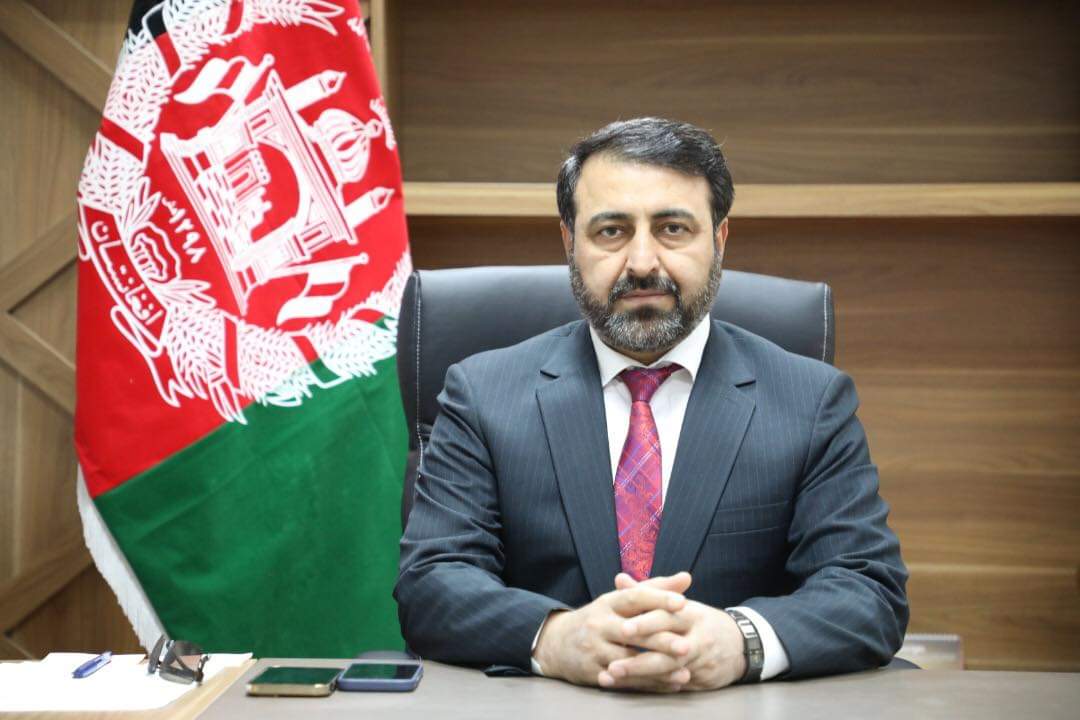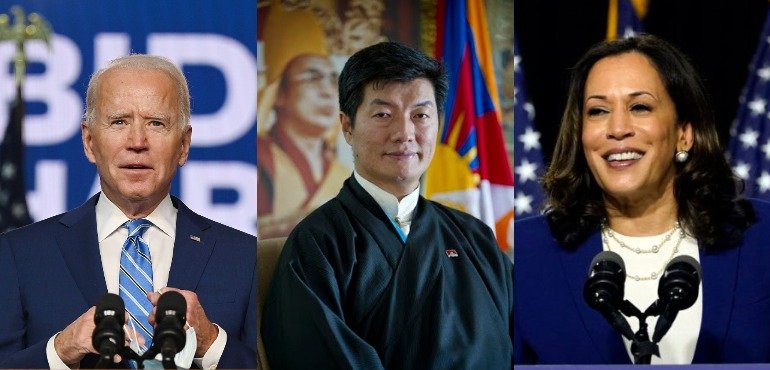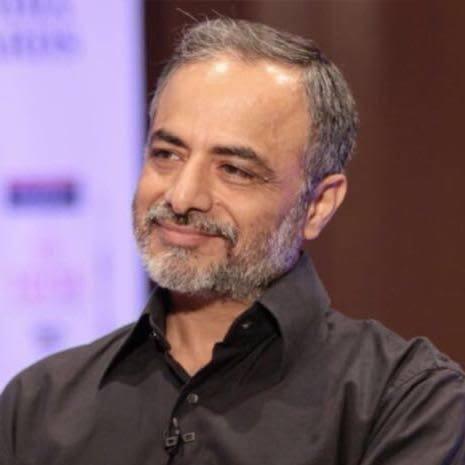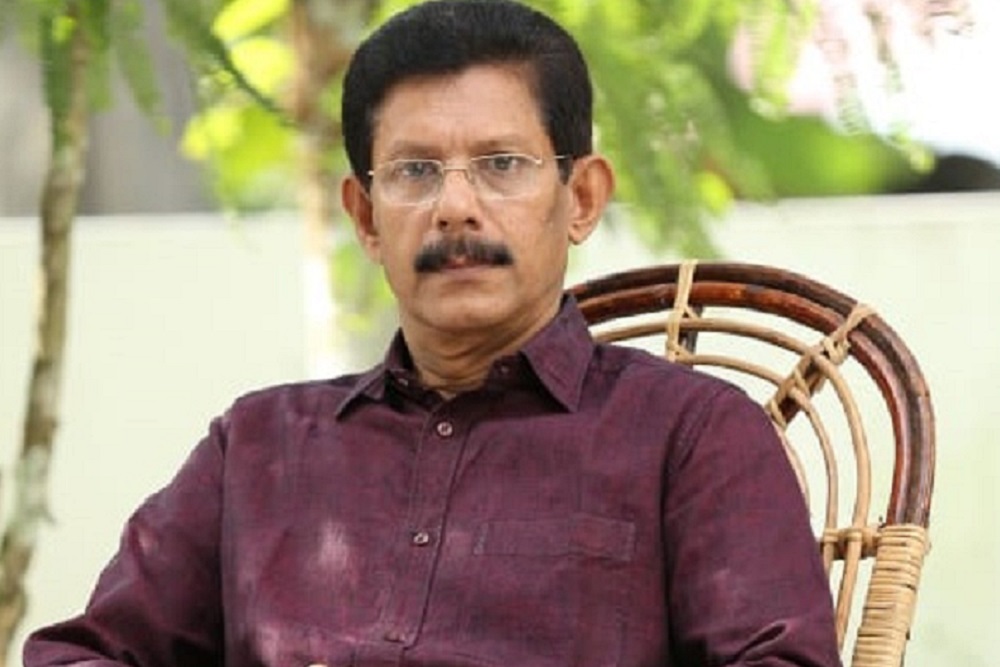
Hayatullah Hayat, Afghanistan Minister of Rural Rehabilitation and Development( MRRD) is a senior politician of Afghanistan and was former Interior Minister of the country. He was also the Governor of Wardak, Helmand, Nangarhar, and Kandahar provinces of Afghanistan.
Born in 1973, he is highly educated and holds an MBA degree from Princeton University.
He speaks exclusively to Arun Lakshman
What are the major rural development initiatives taken up by your government?
A great and major rural development initiatives government of Afghanistan put in place is the rural and urban connectivity, through multi cross cutting projects. The government connected the rural communities with urban which pave the path for rural development, also developing value change for development through which all the gaps are filled for and rapped progress are made. In addition to this, multinational projects like Citizens Charter National Priority Program (CCNPP) which helps the rural community to understand their community needs, prioritize their needs and then work together for solutions, moreover building irrigation systems in rural part of the country sustain their income sources.
India as a partner nation has contributed in the growth of Afghanistan. Has such an initiative helped the people of Afghanistan?
India proved its friendship with Afghan people throughout the history. India always helped Afghan people in difficult time, in recent Salma Dame, a great building for Afghanistan parliament, hundreds of small and medium projects including schools and clinics funded by Indian people and the government through foreign ministry’s fund will not be ignored by next generation and it will show that this country always stands with us.
How is the progress of education of women in Afghanistan?
The Government of Afghanistan made every effort for keeping the education doors open for women and girls. Currently, the data shows more than 17 percent in schools are girls. Based on Afghan government commitment in Geneva conference for increasing women participation in the government by 30 percent.
As a political leader and as a minister, how do you rate the growth of Afghanistan in the past few years?
Looking back on the past 20 years, there is no doubt that economic development has been a focus and many changes have been made since Taliban times. Afghanistan’s trade and commerce ties have expanded dramatically since the days of isolation under the Taliban regime. Several production factories and industrial sites have begun operations. Thousands kilometers highways have been paved which connect Afghanistan with south and central Asia.
The most drastic changes have taken place in the Afghan banking sector and telecommunications industry. According to some statistics, around 20 million Afghans now use mobile phones. The private sector is developing and makes up approximately up to 95 percent of the national economy. Trade have improved and strengthened both and imports and exports.
With fierce fighting taking place, do you feel that the development momentum that your government has taken up will come to a halt?
War creates chaos, weakens the rule of law and expands violence jeopardizing human rights and the dignity of human beings. With present increase in violence from the Taliban side, thousands of national social projects have been partially or totally destroyed in the insecure areas of Afghanistan. The worked on those projects being constructed is suspended due to the fears of destruction of these projects and wasting resources.
What are the major countries that have supported in the growth and development of Afghanistan?
There are around 100 donors assisting Afghanistan since the last 20 years. The major donors include Australia, Canada, Denmark, Finland, Germany, Italy, Japan, the Netherlands, Norway, Sweden, United Kingdom, United States and European Union.
How is women education in Afghanistan under your government?
The education system in Afghanistan is regarded as one of the country’s biggest success stories since the Taliban is driven from power. In 2001 no girls attended formal schools and there were only near one million boys enrolled. The student enrollment grew from 900,000 male students in 2001 to more than 9.5 million students, 39 percent of whom are girls, in 2020.









